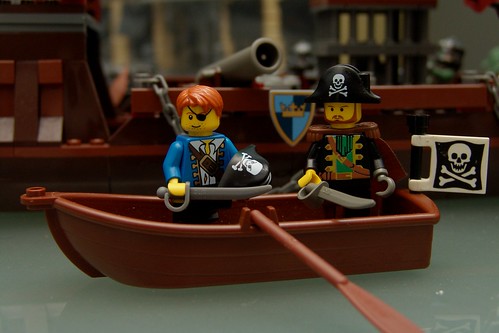- Regular readers know about my preoccupation with duct tape. I am happy to say that I am not alone.
- Dilbert’s view of pandemic contingency planning. I wish.
- I recently have become a member of the International Association of Public Health Logisticians (IAPHL). Highly recommended for the very interesting discussions going on in their (closed) forums.
- Emerald will start publishing the Journal of Humanitarian Logistics and Supply Chain Management next year. The blurb looks highly promising. The editors have issued a call for papers.
- Analytics Magazine published a short article with ten recommendations to improve humanitarian logistics. Sadly, they are so thin on how to implement their recommendations that they could just as well have given only one: ‘improve humanitarian logistics’.
- A guide to NGOs for the military. I wonder how many NGOs for the military need a guide. (H/T Chris Albon.)
- An interesting application of standard logistics risk management on very large systems – like whole societies. (H/T Chris Watkins a.k.a. @chriswaterguy – there seems to be a Chris-thing going on here).
- FAILfare: learning from failure. A great idea – anybody in to organise something similar for health/aid logistics? (H/T Suzanne Rainey)
- Stop Stockouts seemed a great idea, but is now totally abandoned. Too bad.
- WHO finally published a procurement guideline for antimalarials. Let’s hope they will do something similar for other health commodities.
- After my earlier negativity on gifts in kind, now a story about an organisation that seems to do it right. Any reader who has first-hand experience with this outfit?
- I have been on Twitter for some time now (you can follow @Michael_Keizer for regular updates), but more recently I started a Facebook page. It’s a great place for discussions with like-minded people and allows for a bit more two-way communication than the blog.
- I have also been working on a bibliography on logistics for global health and aid, using a Zotero group. The bibliography is open for everyone, but Zotero users can import and use it directly into their own libraries. I would appreciate any additions: it is a living document and suggestions for additions and improvements are more than welcome.
[Image: Liquid Links by Desirae; some rights reserved.]
{Continue Reading 0 comments }Aid and aid work, Logistics, Miscellenea, Public health, The light(er) side







